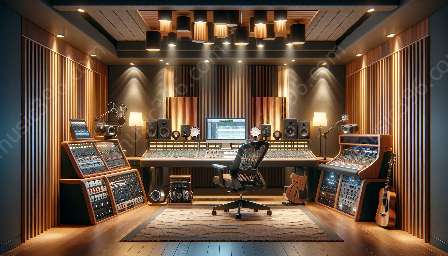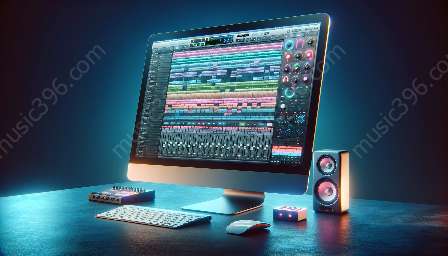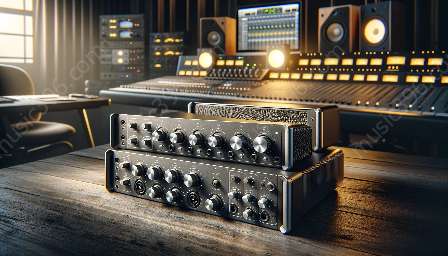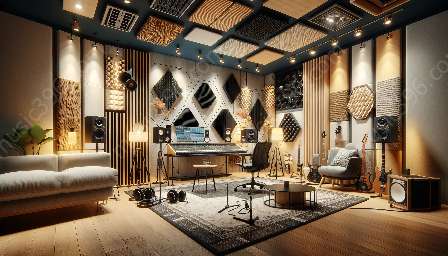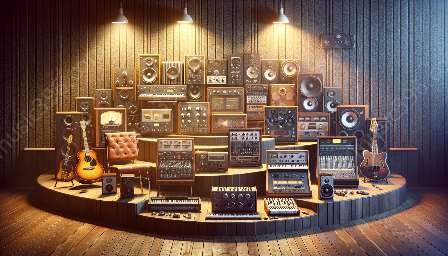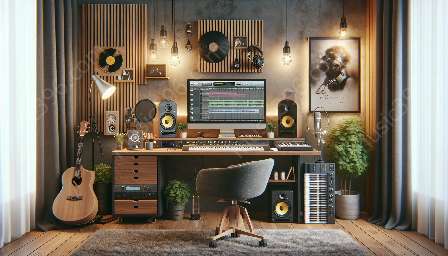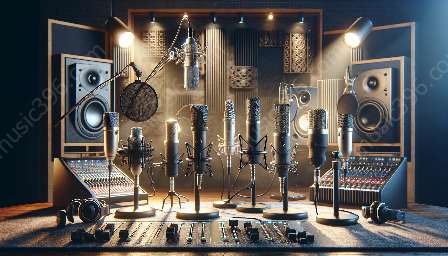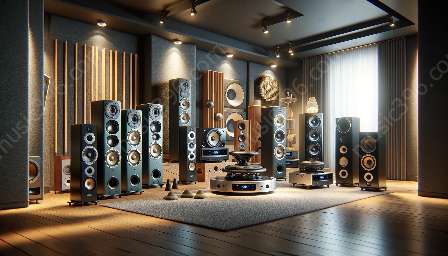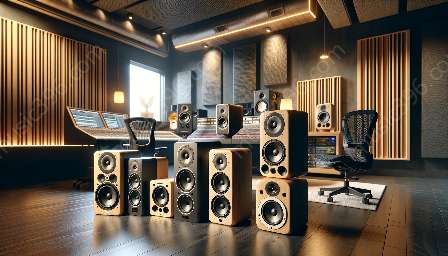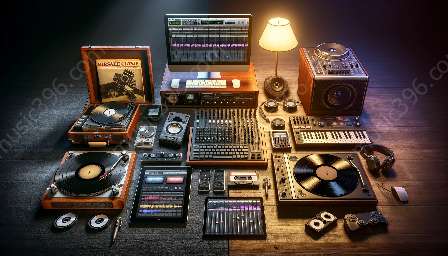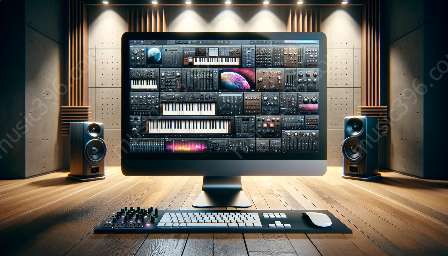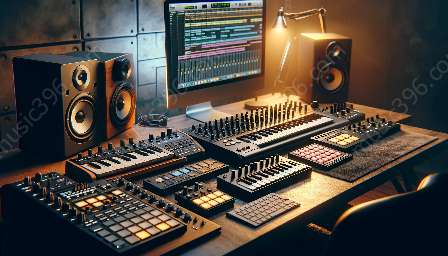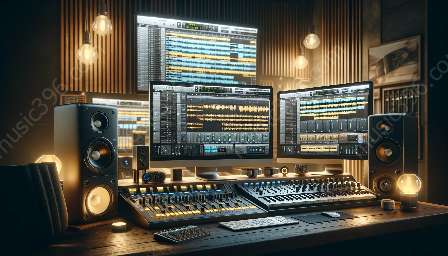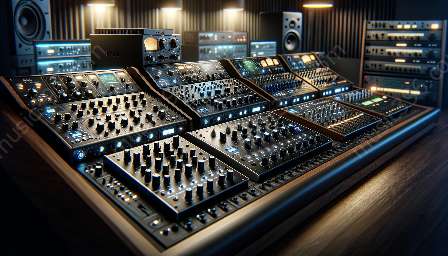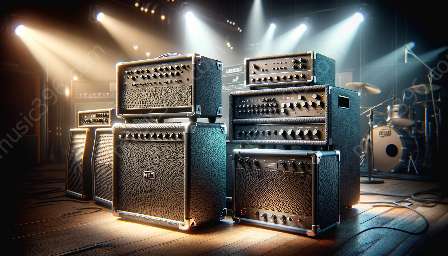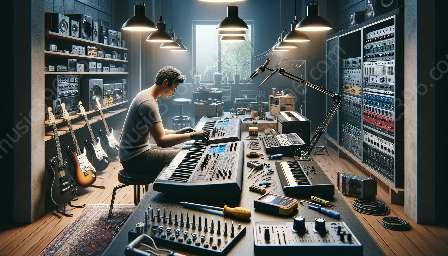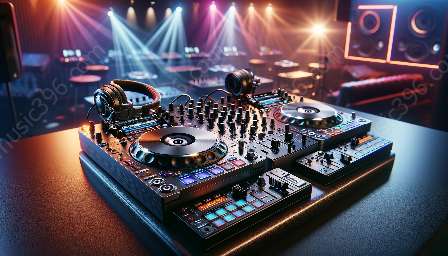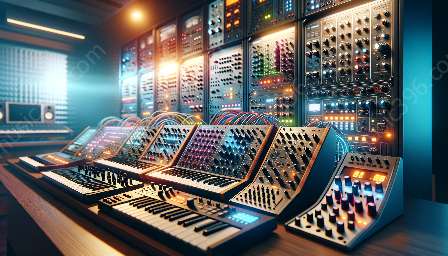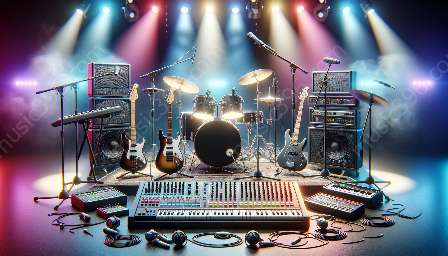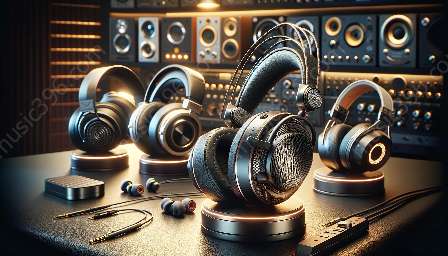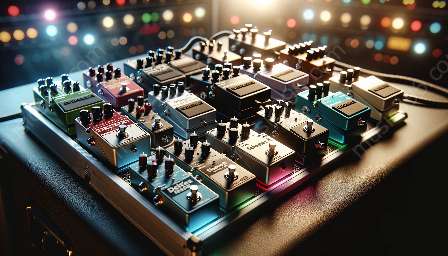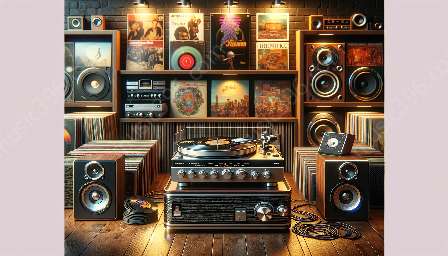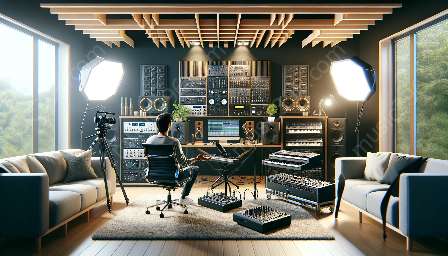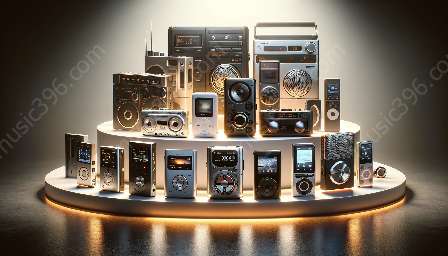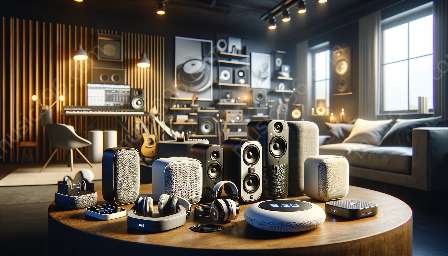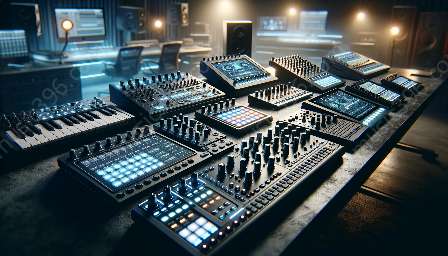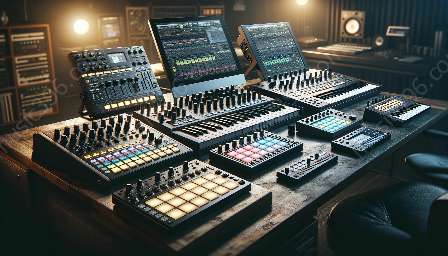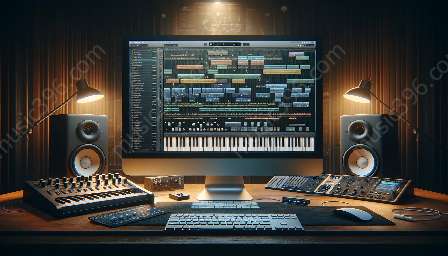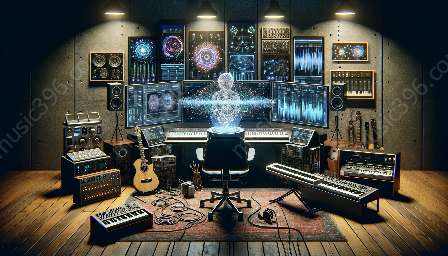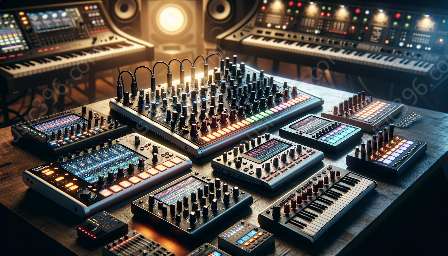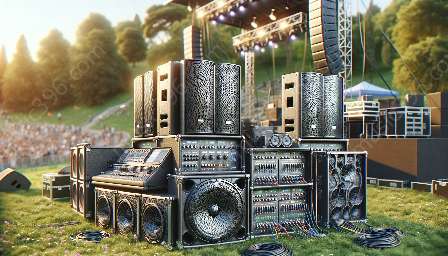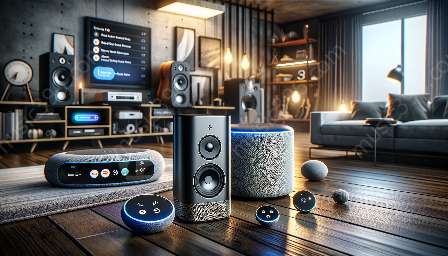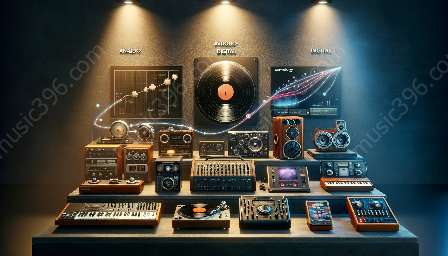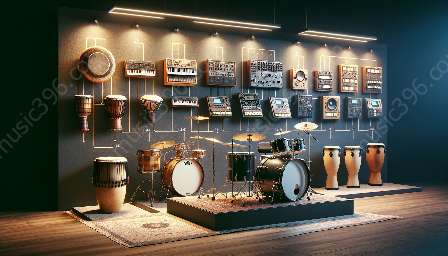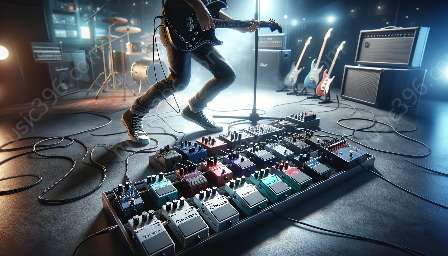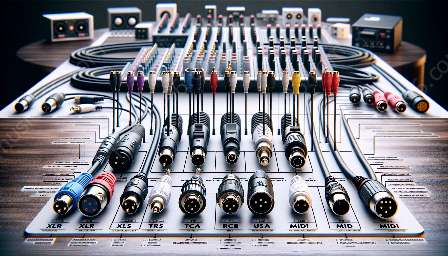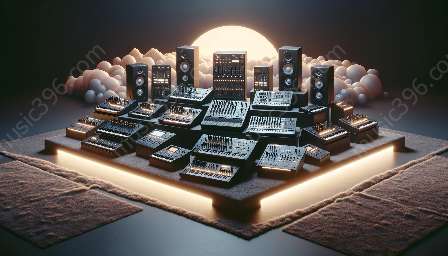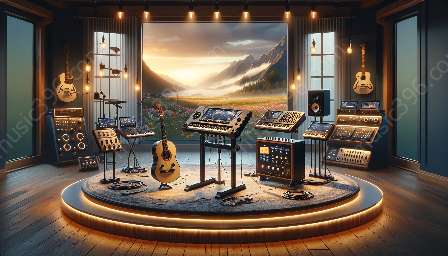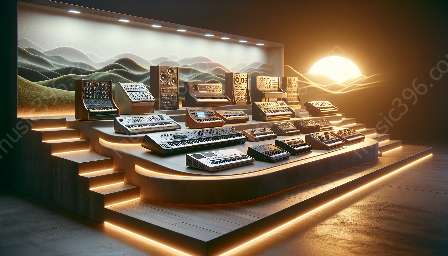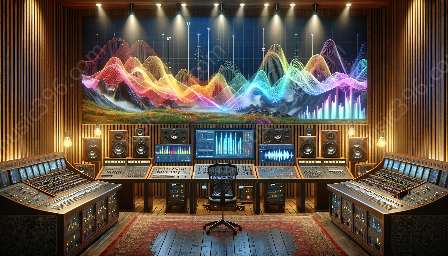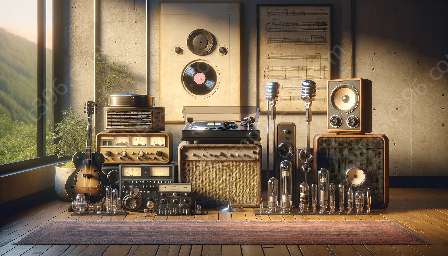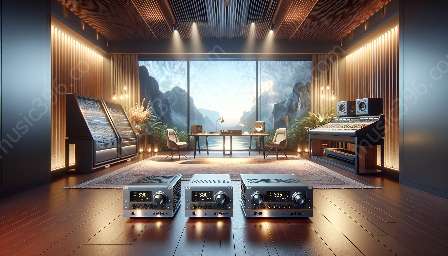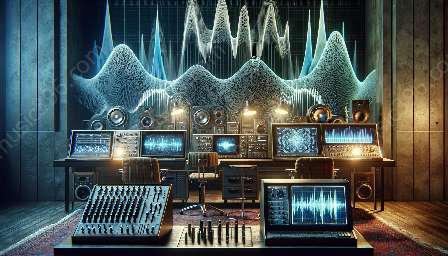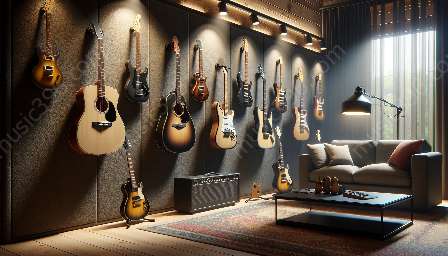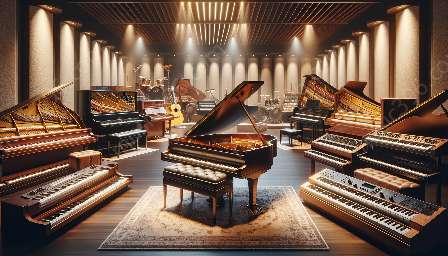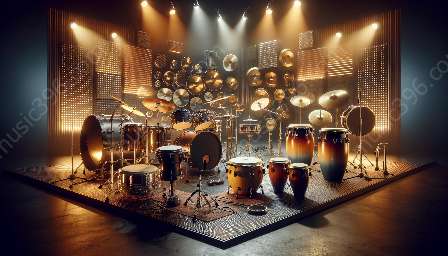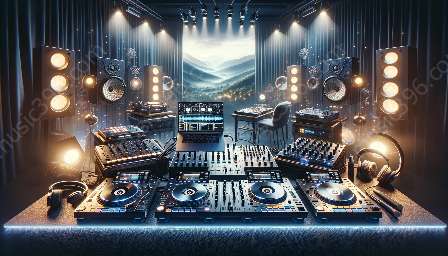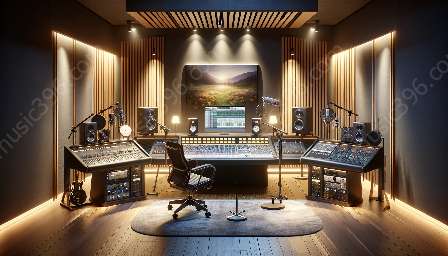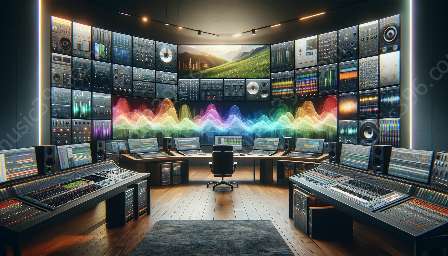Aspiring and professional DJs rely on a variety of turntables to bring their music to life. In the world of DJ equipment and techniques, different types of turntables play a crucial role. Understanding the various types and their impact on music equipment and technology can provide valuable insights for both DJs and music enthusiasts.
Direct Drive Turntables
Direct drive turntables are a popular choice among DJs due to their high torque and quick start-up time. These turntables feature a motor directly connected to the platter, offering precise control and stability during mixing and scratching. The direct drive mechanism ensures consistent speed, making them ideal for beatmatching and maintaining tempo.
Belt Drive Turntables
Belt drive turntables utilize a belt to connect the motor to the platter. While they may not have the same torque as direct drive turntables, they are favored for their quieter operation and reduced motor vibrations. This makes them well-suited for listening and home use, though some DJs also appreciate their smoother playback for certain styles of mixing.
Hybrid Turntables
Hybrid turntables combine the benefits of both direct drive and belt drive systems, offering DJs a versatile option. These turntables feature a dual-mode operation, allowing users to switch between direct and belt drive modes based on their specific needs. This flexibility makes them popular among DJs who require different performance characteristics for various sets and music styles.
Impact on DJ Equipment and Techniques
The choice of turntables has a significant impact on DJ equipment and techniques. Direct drive turntables are essential for skilled scratching and beat juggling, allowing DJs to perform intricate techniques with precision. They also play a crucial role in modern digital DJ setups, where turntables are integrated with software and controllers to create dynamic performances.
Belt drive turntables, while not as common in professional DJ setups, have their place in the world of music equipment and technology. Many audiophiles and casual listeners prefer the smoother sound and reduced mechanical noise offered by belt drive turntables, influencing music production and consumption.
Hybrid turntables offer a bridge between different DJ styles and preferences, providing a balance between power and smoothness. DJs can adapt their techniques and performances based on the unique features of hybrid turntables, showcasing the versatility of modern DJ equipment.
Impact on Music Equipment and Technology
Turntable technology has had a lasting impact on music equipment and technology. The development of direct drive systems has paved the way for enhanced motor control and precision, influencing the design of other audio equipment and electronic devices. The influence of turntables can be seen in everything from music production software to high-fidelity audio systems, contributing to the evolution of music technology.
Furthermore, the resurgence of vinyl records and analog sound has been fueled in part by the unique characteristics of turntables. DJs and music enthusiasts alike have embraced the warmth and authenticity of vinyl playback, leading to a renewed interest in analog equipment and vintage audio technologies.
Overall, the different types of turntables commonly used by DJs have diverse impacts on DJ equipment, techniques, and music equipment and technology. As the art of DJing continues to evolve alongside advancements in music technology, the role of turntables remains integral to the core of DJ culture and the broader landscape of music production and consumption.

